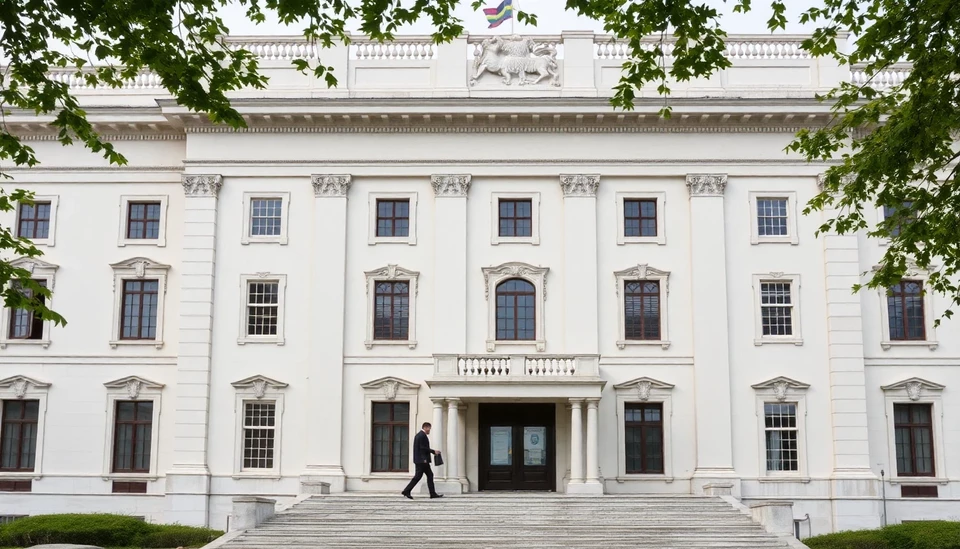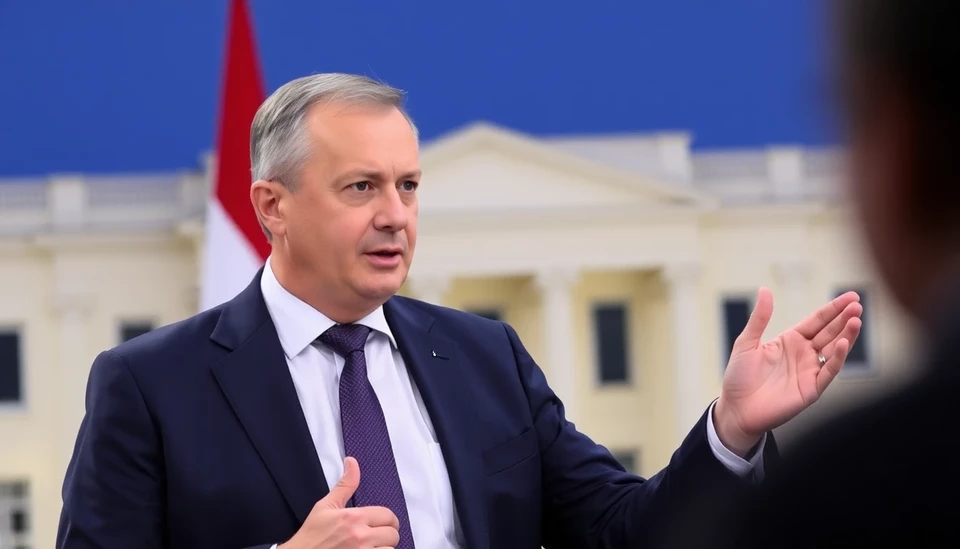
In a significant move for its financial stability, Hungary has decided to keep its key interest rate unchanged at 13% in response to recent trends indicating a faster-than-expected inflation rate. This decision comes following a meeting held by the country's central bank, the Magyar Nemzeti Bank (MNB), where policymakers assessed the current economic landscape and the impacts of rising consumer prices.
The recent inflation report revealed that consumer prices in Hungary experienced a surge in November, jumping to an annual rate of 14.5%. This figure, which reflects a noticeable increase from previous months, has raised eyebrows among economists and market analysts who were closely monitoring Hungary's economic indicators. The rise in inflation has implications not only for the cost of living for citizens but also for the overall economic strategy of the Hungarian government.
Central bank officials have acknowledged the persistence of inflationary pressures, stemming from various factors including increased energy costs and supply chain disruptions. Despite these challenges, the MNB is maintaining a cautious stance, emphasizing the importance of a stable interest rate as a tool to combat these pressures without stifling economic growth.
Furthermore, the central bank's decision to hold the key interest rate steady is seen as a strategic move to balance inflation control while still fostering a conducive environment for business investments. Economists had anticipated that further hikes might be necessary to curb inflation, but the MNB's current approach suggests a focus on long-term economic stability rather than immediate corrective measures.
The MNB has indicated that its strategy will be continually reviewed and adapted as needed, especially as economic indicators evolve. This includes monitoring external economic conditions, changes in consumer behavior, and developments within the European Union, which could all play a role in Hungary's inflation trajectory.
Market reactions to the central bank's decision were cautiously optimistic, with many financial analysts believing that maintaining the interest rate at its current level might help stabilize the economy in the short term. However, they also recognized that continued vigilance is necessary as inflation remains a pressing concern.
As the global economic landscape remains unpredictable, particularly with energy prices experiencing fluctuations and geopolitical tensions impacting broader economic conditions, the MNB's upcoming meetings will be critical in shaping Hungary's monetary policy moving forward.
#Hungary #InterestRate #Inflation #EconomicNews #CentralBank
Author: Rachel Greene




